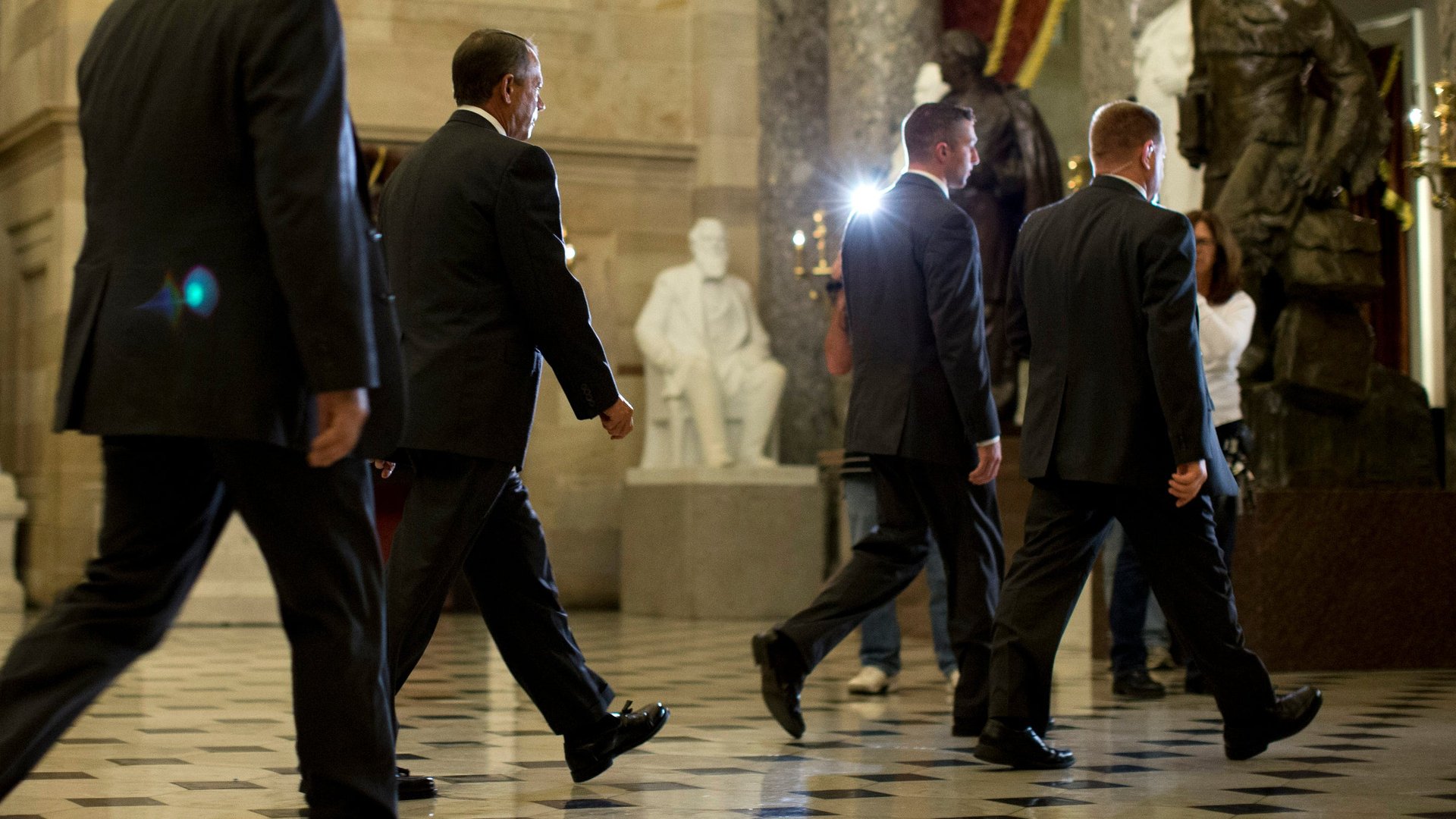Look forward to a 2014 without a US debt crisis
It was like ripping off a band-aid: Short, sharp, painful, but worth it. In a single day, Republicans in the House of Representatives yesterday announced and enacted a plan they had long said was impossible to avert a potential debt crisis.


It was like ripping off a band-aid: Short, sharp, painful, but worth it. In a single day, Republicans in the House of Representatives yesterday announced and enacted a plan they had long said was impossible to avert a potential debt crisis.
In the past, the House Republicans have tied increases in the US’s debt ceiling to escalating political demands in showdowns with president Barack Obama. After the latest of these stand-offs led to a government shutdown last fall, Congress passed a bipartisan budget bill and spending bill that would inevitably require another debt ceiling increase. Mindful of the last shutdown’s hazardous impact on the party’s approval ratings, the Republican leadership yesterday chose to allow a vote on a “clean” bill to raise the debt limit without any amendments.
However, it did so in the face of considerable internal opposition. The debt-ceiling bill passed with all except two Democrats voting in favor, but only 28 Republican votes. And Paul Ryan, an architect of the recent spending compromise who remains a presidential aspirant, wasn’t one of them. (The bill is expected to pass in the Senate, where the Democrats hold the majority, though conservative Senators may attempt a filibuster.)
Without a debt-ceiling increase, the US would have been forced to default on its debt, unbalancing a key pillar of the global financial system with potentially disastrous consequences. Financial and business interests and pretty much everyone else are tired of the brinksmanship surrounding the frequent increases, which has sent financial markets reeling. Conservative Republicans, however, weren’t happy with their leadership’s decision to allow a bipartisan bill to pass, rather than one supported by their majority.
But if you think this will mean a flood of other bipartisan legislation—immigration reform, say, or a tax code overhaul, much less more ambitious possibilities—you’re sadly out of luck. It looks like the rest of 2014 will be spent on legislation that won’t earn bipartisan support but will make for campaign fodder in November’s elections. Those contests will decide who will handle the debt ceiling the next time it comes due, sometime after March 15 2015.